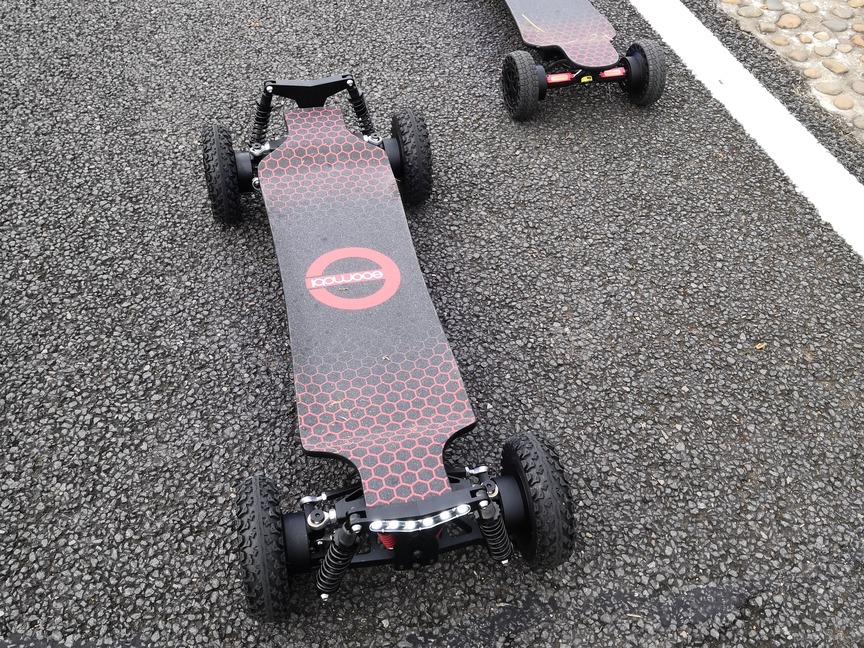<!DOCTYPE html>
Electric Skateboard with Remote
From its practical applications to its potential future developments, it is a field that is worth exploring in greater detail electric skateboard with remote.
Electric skateboards have gained immense popularity in recent years, offering a thrilling and eco-friendly mode of transportation. One of the key components that make electric skateboards function is the motor. In this article, we will delve into the various types of motors used in electric skateboards, exploring their features, advantages, and limitations.

Brushed Motors
Brushed motors are one of the earliest types of motors used in electric skateboards. These motors consist of a rotating armature surrounded by a stationary magnet. The armature is connected to a set of brushes that deliver electrical current to the armature, causing it to rotate. While brushed motors are relatively inexpensive and provide good torque, they have certain drawbacks. The brushes tend to wear out over time, requiring regular maintenance and replacement. Additionally, brushed motors are less efficient compared to their brushless counterparts, resulting in reduced battery life.
Brushless Motors
Brushless motors have become the industry standard for electric skateboards due to their numerous advantages. Unlike brushed motors, brushless motors do not rely on brushes for electrical contact. Instead, they utilize electronic commutation to control the motor's rotation. This design eliminates the need for brush maintenance and increases overall efficiency. Brushless motors offer higher top speeds, improved acceleration, and longer battery life. They are also quieter and produce less heat, making them a preferred choice for electric skateboard enthusiasts.
Hub Motors
Hub motors are a type of brushless motor that is integrated into the wheels of an electric skateboard. These motors are compact and provide a sleek design, as they eliminate the need for external motor mounts. Hub motors offer a direct drive system, where the motor is directly connected to the wheel, resulting in a more efficient transfer of power. This design also allows for regenerative braking, where the motor acts as a generator to recharge the battery during deceleration. Hub motors provide a smooth and responsive riding experience, making them popular among electric skateboard riders.
Belt Drive Motors
Belt drive motors utilize a system of pulleys and belts to transfer power from the motor to the wheels. These motors offer flexibility in terms of gear ratio selection, allowing riders to customize their riding experience. Belt drive motors provide high torque, making them suitable for uphill climbs and off-road terrains. However, they require regular maintenance, as the belts can wear out and need replacement. Additionally, the external motor mount required for belt drive motors may affect the overall aesthetics of the electric skateboard.
Exploring different types of motors used in electric skateboards opens up a world of possibilities for riders. Each motor type has its own unique characteristics, catering to different riding styles and preferences. Whether you prefer the simplicity of a hub motor or the versatility of a belt drive motor, there is a motor out there that suits your needs.
For more information on electric skateboard motors, you can visit the following credible sites: